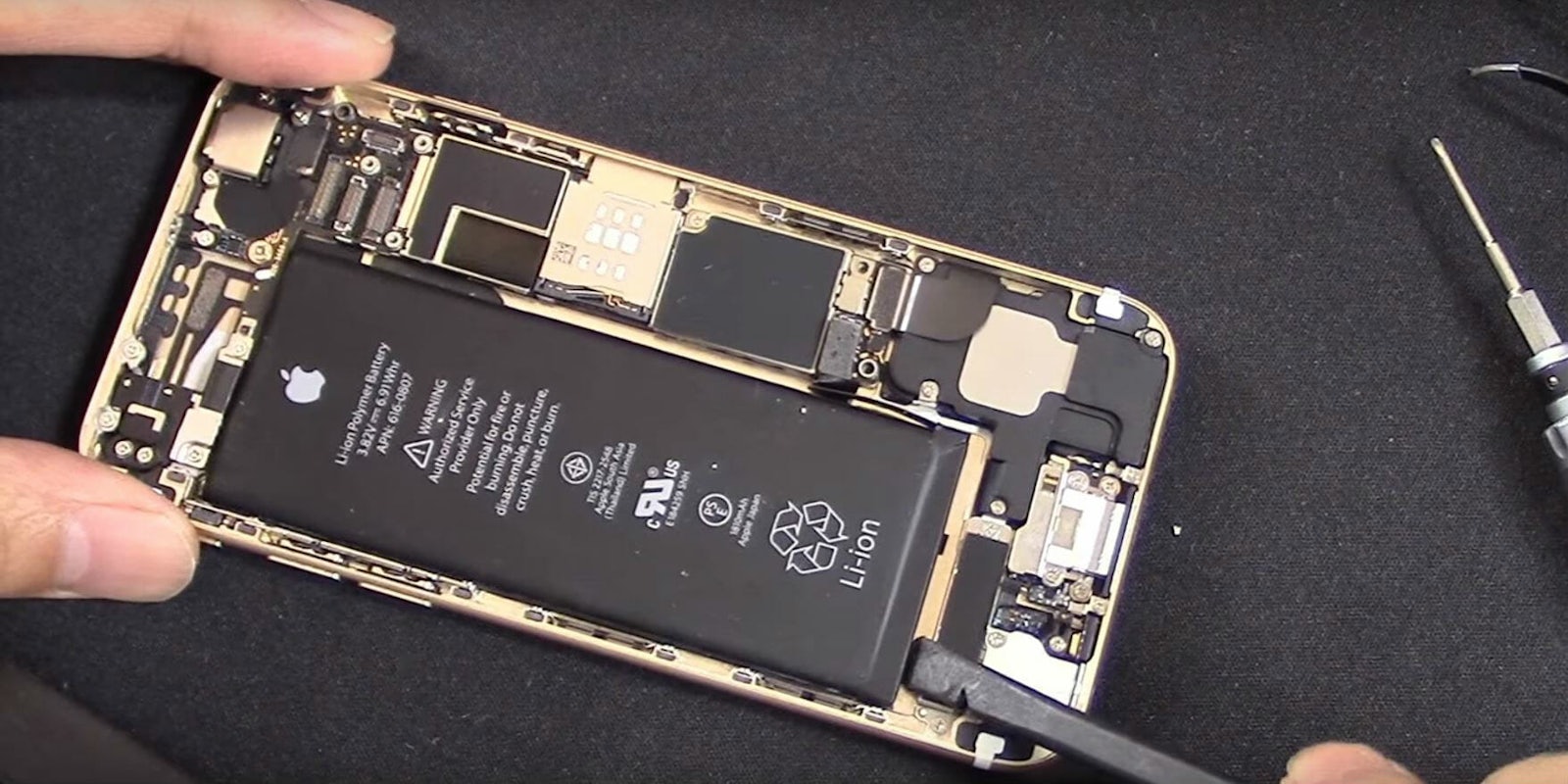Apple is bending its own rules to win customers back following the damaging “Batterygate” fiasco.
Last week, the company publicly apologized to customers and cut the price of battery replacement services as reparations for intentionally throttling devices. It said the discount was for “anyone with an iPhone 6 or later whose battery needs to be replaced.” While that sounds like a significant benefit to customers, its vague explanation caused confusion over the weekend, with several iPhone users complaining their devices were rejected after passing diagnostic tests at the Genius Bar.
To avoid further backlash, Apple will now replace the battery of any iPhone 6 or newer model, even if it passes the diagnostic test that determines whether a device can hold 80 percent of its original battery capacity after 500 complete charging cycles. That means if, for whatever reason, an iPhone X owner wants to get their new phone’s battery replaced, they could do so for just $29. The discount will only be available for one year, so it may be a good idea to get a replacement battery closer to its expiration. However, Apple may not offer a replacement if it discovers other damage on your device or finds third-party components.
All Apple stores should have received the clarification via an internal memo, reports French tech blog iGeneration. The note also says customers who replaced their batteries at the previous $79 price are eligible for refunds.
Apple was hit with numerous lawsuits after admitting it slows down devices with aging batteries to prevent them from shutting down. While the Cupertino giant has the funds to fight any legal disputes, it can’t afford to lose its fragile customer base. Apple has desperately been looking for ways to win its users back. Not only did it publicly apologize to customers, it also started offering its discounted repairs days before the original January kick-off date.
“We expected to need more time to be ready, but we are happy to offer our customers the lower pricing right away,” Apple said in a statement to Axios. “Initial supplies of some replacement batteries may be limited.”
Apple, which relies heavily on iPhone sales, is at serious risk of seeing customers switch to rival devices, especially after Android competitors denied using the same frustrating battery-management practices.


